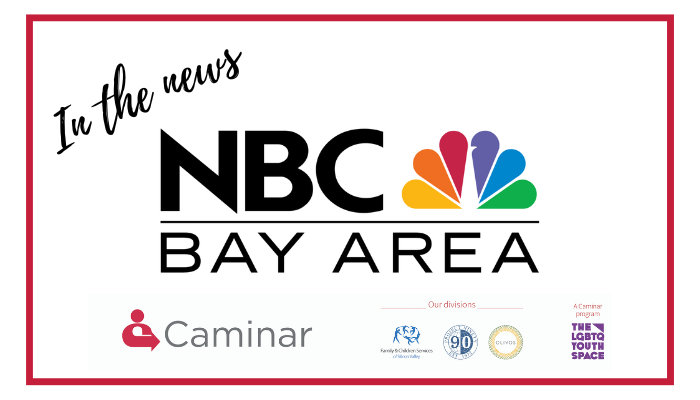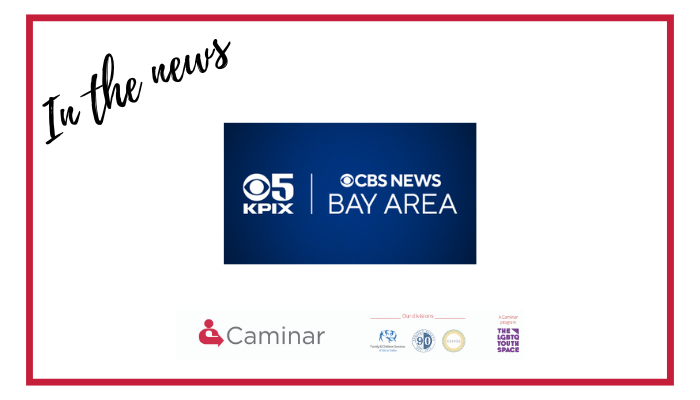Published in the San Mateo Daily Journal on October 10, 2015.
For people suffering from depression, anxiety, bipolar disorder, schizophrenia and other mental conditions, this week is no different from any other week. Their ongoing struggles dealing with their conditions are no different than last week, or the week before.
According to the National Alliance on Mental Illness (NAMI), nearly one in four Americans are affected by mental illness, and one in 17 lives with a major mental-health illness such as depression, bipolar disorder, or schizophrenia. Close to 20 percent of teens aged 13-18 cope with mental illness annually, and about 18 percent of adults cope with anxiety disorders.
Mental Health Awareness Week shines a light on the stigma that still exists toward people with a mental-health condition. That stigma is preventing many from getting the help they need to put them on the road of recovery. Research has confirmed that harboring stigma has a negative effect on those afflicted with a mental-health condition and often delays the process of coping as well as healing. If people who are impacted feel they are being treated as outcasts of society, this can exacerbate depression and increase the risk of suicidal thoughts and suicide itself.
When individuals are open about their mental-health conditions, it may lessen the chance that others can affect them emotionally. Awareness and acceptance of mental illness as a part of our society has continued to grow with the help of the media, especially the internet and television. The support of family and community are important parts of this process — specifically, the recognition of the enormous toll depression and suicide has on society. On the other hand, with the publicity around the recent mass shootings, the media has many times stereotyped all people with mental-health conditions as violent. In fact, only a small number (4 percent to 5 percent) of people with mental-health conditions have violent tendencies when not properly medicated.
The suicide of Robin Williams, in particular, had a profound effect on many people who felt that he was a part of their lives, having grown up with him. How could such a dynamic personality have suffered in silence?
Caminar for Mental Health works tirelessly to assist clients with mental-health conditions to recover: From Crisis to Independence.
Recovery happens every day!
Charles “Chip” Huggins is the CEO of Caminar for Mental Health in San Mateo







